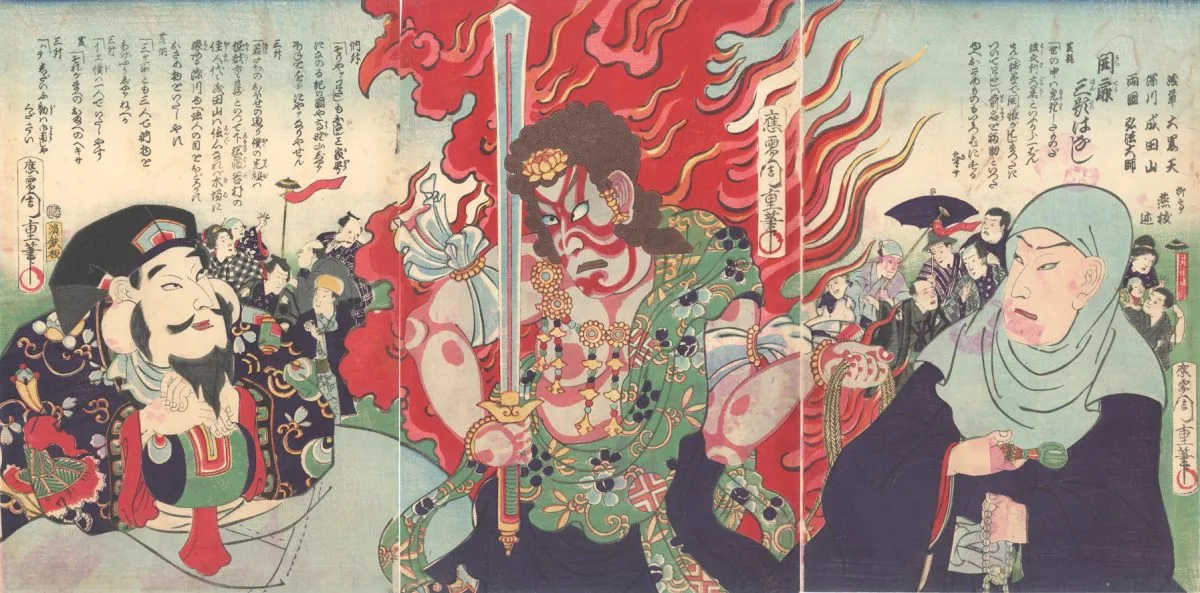- A Leap of the Spirit – Moritaka (Morihei) Ueshiba in 1932
- A Letter from Kenji Tomiki to Isamu Takeshita
- Ai no Bujutsu – Aiki and the Bujutsu of Love
- Aiki Budo is de Weg van Menselijke Ontwikkeling [Dutch Version]
- Aiki Budo is the Way of Human Development
- Aiki Budo is the Way of Human Development – Part 2
- Aiki is Love, isn’t it? Aiki isn’t Love, is it?
- Aiki no Rentai: The Conditioned Body of Yukiyoshi Sagawa, Part 1
- Aiki no Rentai: The Conditioned Body of Yukiyoshi Sagawa, Part 2
- Aiki, Iki, Kokyu, Heng-Ha and Aun – Part 1
- Aiki, Iki, Kokyu, Heng-Ha and Aun, Part 2
- Aiki, Iki, Kokyu, Heng-Ha en Aun [Dutch Version]
- Aikido ™ – Can it really be trademarked?
- Aikido ™ – Kan er echt een handelsmerk op zitten? [Dutch Version]
- Aikido and Judo – Interview with Gozo Shioda and Masahiko Kimura
- Aikido and Me – Training with Aikido Founder Morihei Ueshiba
- Aikido and the Floating Bridge of Heaven
- Aikido and the Structure of the Universe
- Aikido and the Unknown
- Aikido en de Structuur van het Universum [Dutch Version]
- Aikido en de Zwevende Brug van de Hemel [Dutch Version]
- Aikido en het Onbekende [Dutch Version]
- Aikido Maki-no-Ichi – O-Sensei’s First Book on Aikido
- Aikido Shihan Hiroshi Tada – Speaking of The Founder
- Aikido Shihan Hiroshi Tada – the Yachimata Lecture, Part 1
- Aikido Shihan Hiroshi Tada – the Yachimata Lecture, Part 2
- Aikido Shihan Hiroshi Tada – the Yachimata Lecture, Part 3
- Aikido Shihan Hiroshi Tada – the Yachimata Lecture, Part 4
- Aikido Shihan Hiroshi Tada – the Yachimata Lecture, Part 5
- Aikido Shihan Hiroshi Tada: The Budo Body, Part 1
- Aikido Shihan Hiroshi Tada: The Budo Body, Part 2
- Aikido Shihan Hiroshi Tada: The Budo Body, Part 3
- Aikido Shihan Hiroshi Tada: The Budo Body, Part 4
- Aikido Shihan Hiroshi Tada: The Budo Body, Part 5
- Aikido Shihan Hiroshi Tada: The Budo Body, Part 6
- Aikido Shihan Hiroshi Tada: The Budo Body, Part 7
- Aikido Shihan Hiroshi Tada: The Budo Body, Part 8
- Aikido Shihan Hiroshi Tada: The Day I Entered Ueshiba Dojo
- Aikido Shihan Kenji Tomiki’s Goshinjutsu
- Aikido Shihan Kyoichi Inoue – Learning from the Kojiki
- Aikido Shihan Sadao Takaoka – Meeting O-Sensei
- Aikido Shihan Seiseki Abe – Meeting Morihei Ueshiba O-Sensei
- Aikido und die schwebende Himmelsbrücke [German Version]
- Aikido without Peace or Harmony
- Aikido zonder Vrede of Harmonie [Dutch Version]
- Aikido’s Harry Eto: The Wisdom of ‘Slow and Steady’
- Aikido, qué no sabemos y por qué no lo sabemos … [Spanish Version]
- Aikijujutsu Densho – AKA Budo Renshu, by Moritaka Ueshiba
- An interview with Aikido Shihan Hiroshi Isoyama, Part 1
- An interview with Aikido Shihan Hiroshi Isoyama, Part 2

